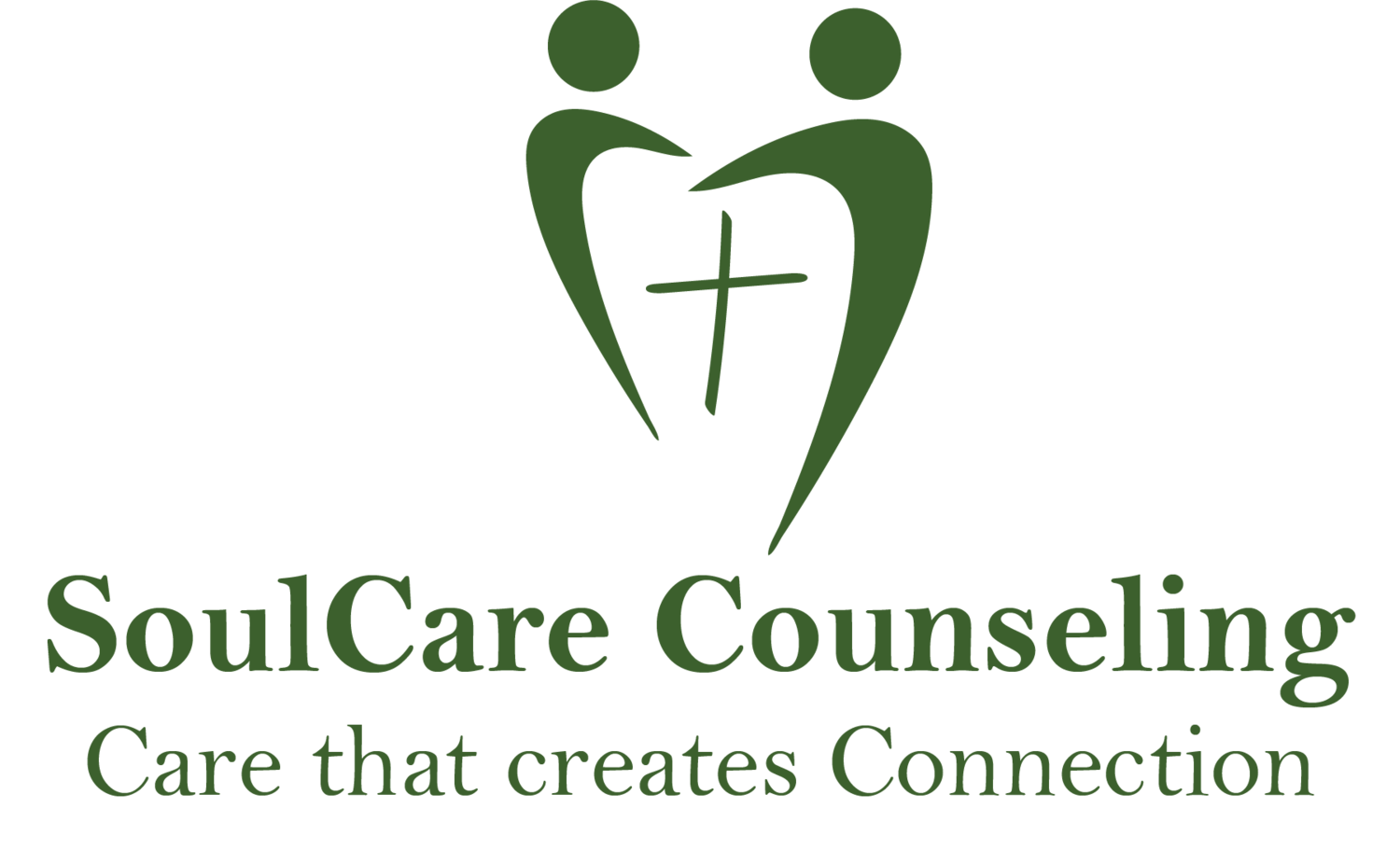OCPD Can Ruin Your Relationship
Most people are familiar with OCD, or “Obsessive Compulsive Disorder.” Whether it’s Sheldon Cooper in “The Big Bang Theory,” Monica Geller in “Friends,” or Adrian Monk in “Monk,” we’ve seen this disorder portrayed plenty in our pop culture. I see it demonstrated daily in my marriage. My husband can’t sit at a restaurant without straightening the placemat and centering the salt and pepper shakers. On the partner’s desk we share in our home office, his side is perfectly ordered and mine, not so much.
If you are dating or are married to someone with OCD, you may wonder whether you can have a secure, loving relationship with a person who has OCD. But OCD isn’t what you should be worried about. There is a related obsessive-compulsive disorder that sometimes people with OCD transition into and sometimes they don’t. It’s called OCPD, Obsessive-Compulsive Personality Disorder. And OCPD can ruin your relationship.
How OCPD Can Ruin Your Relationship
As long as OCD stays in its lane, it’s not something to worry about. In fact, orderliness and attention to detail can be a good thing. My husband is great at hanging pictures, doing taxes, and handling all the administrative details of our counseling practice. And we can laugh about his OCD. He knows he has it. It’s not out-of-control by any means. It’s not a problem. But if OCD becomes OCPD, Obsessive Compulsive Personality Disorder, it can ruin your relationship.
What is the difference in OCD and OCPD? Basically, it’s that people with OCD know that their behavior isn’t normal. They do their rituals and behaviors in order to reduce their anxiety. However, (and this is important) they don’t feel like everyone else needs to do like they do and be like they are. In fact, that’s the last thing they want.
But people with OCPD believe that they are normal; everyone else is wrong and should things their way. They have a need to not only order their own world but everyone else’s world to the degree that they become inflexible, intolerant, dictatorial, and superior. Their way is the only right way and when people in their life don’t conform, they become angry and belittling. They are often workaholics who do more than is necessary to get the job done. They become emotionally closed off. When told that they are working too hard or that they need to open up more, they become defensive and insulting.
Characteristics Of OCPD
The following are some characteristics of people with OCPD:
They find it difficult to express their feelings.
They have trouble forming and maintaining close relationships.
They’re so obsessed with perfection that, even though they work hard, they can be inefficient.
They often feel righteous, indignant, and angry.
They tend to become isolated socially.
They can experience anxiety with depression.
It’s extremely difficult to have a loving, safe, secure, intimate relationship with a person who has OCPD. If your partner has this condition, they make you feel that you can never be good enough. But the problem isn’t you. Your partner is living with anxiety that he or she tries to control with a mindset, behaviors, and rules that not only don’t work but that actually make the anxiety worse.
How To Help Your Partner With OCPD
How can you help your partner? Not by arguing. The OCPD mindset won’t allow its victim to admit being wrong. All you can do is show compassion and understanding for their disorder and try to get them into Emotionally Focused Couples Therapy. Study after study has shown that anxiety disorders such as OCPD are best treated through Emotionally Focused Couples Therapy. In EFT, we explore the unmet attachment needs and their primary emotions that are driving this behavior, help you share them in a way that will be received, and repair and reconnect. It’s not easy work, but Emotionally Focused Therapy can help.
If you and your partner are struggling with OCPD, working with an EFT therapist can be the turning point you’re looking for. I encourage you to read the information on this website about couples counseling. Then, please, reach out to us for a free thirty-minute consultation.
Dr. Bernis Riley holds a Doctor of Psychology degree, is a Licensed Professional Counselor – Supervisor, and is certified in Emotionally Focused Therapy. She is the Clinical Director/Supervisor at SoulCare Counseling.



